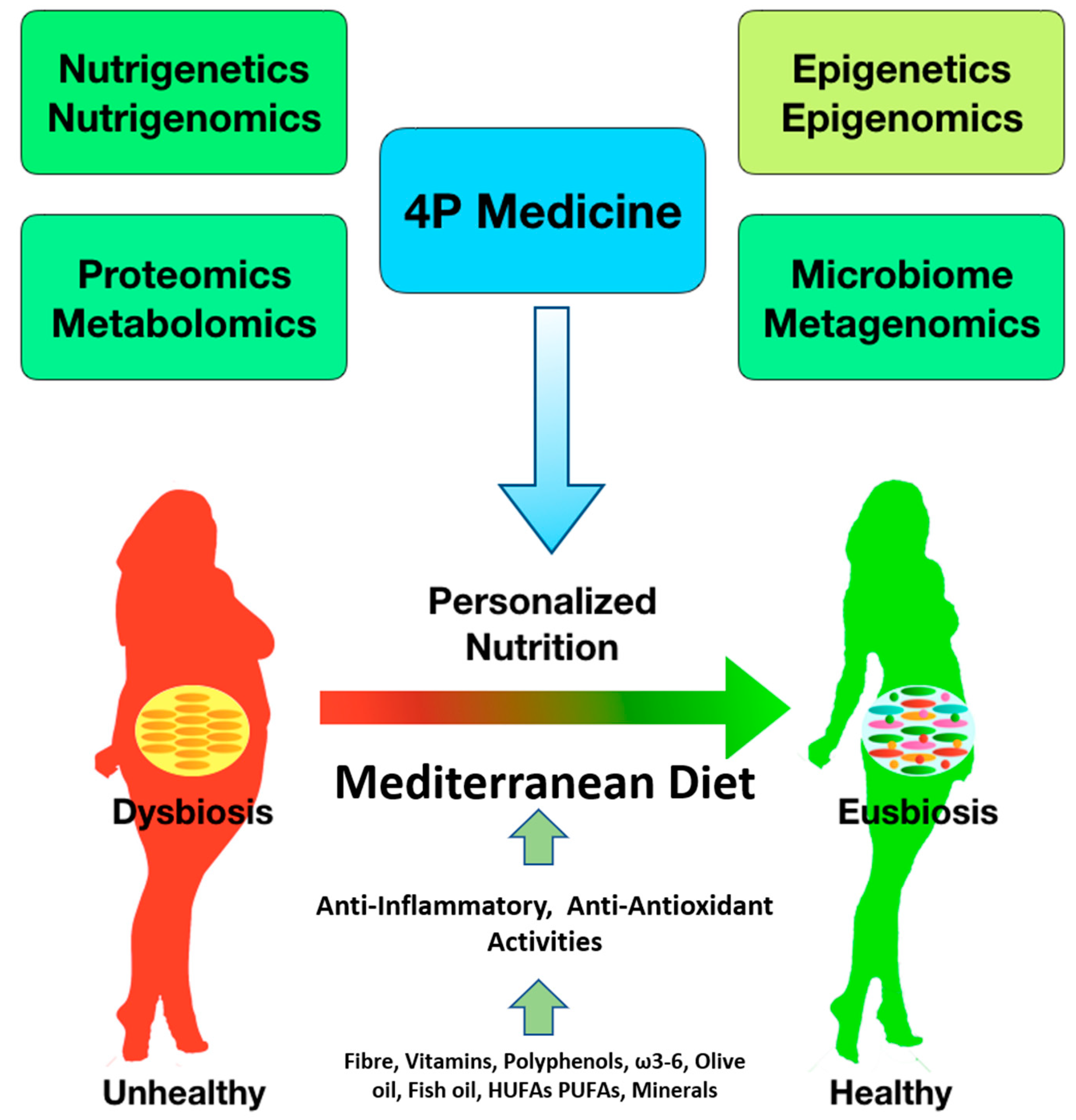
How Personalized Nutrition Can Combat Chronic Diseases
As science advances, our understanding of food has moved beyond mere sustenance—today, nutrition is a powerful tool in disease prevention. Personalized nutrition, based on the integration of genetics, metabolomics, and gut microbiome analysis, offers a transformative approach to health, especially in combating chronic degenerative diseases (CDDs) such as obesity, cardiovascular disease, and type 2 diabetes.
The concept of “4P medicine”—Predictive, Preventive, Personalized, and Participatory—is revolutionizing healthcare. By understanding an individual’s genetic makeup and lifestyle, we can tailor dietary interventions that not only prevent but may even reverse certain disease progressions. This is the heart of nutrigenetics and nutrigenomics—disciplines that study how genes interact with nutrients and how these nutrients can influence gene expression.
For instance, individuals carrying the FTO gene variant are more prone to obesity, but adherence to a Mediterranean diet rich in polyphenols, omega-3 fatty acids, and fiber can mitigate this risk. Similarly, specific nutrients like folate and selenium play vital roles in DNA methylation, influencing gene activation and overall cellular health.
The gut microbiota also plays a central role. Diets rich in fiber and plant-based proteins promote beneficial microbial diversity, which has been linked to improved immunity, better metabolism, and even mood regulation. Personalized diets that consider both the genome and microbiome hold the key to future nutrition therapy.
Personalized nutrition doesn’t just mean eating healthy—it means eating smart, based on who you are at the molecular level. As we step into this new era, food becomes not just fuel, but a form of precision medicine for lifelong wellness.

Adapted from: https://www.mdpi.com/2072-6643/11/8/1707